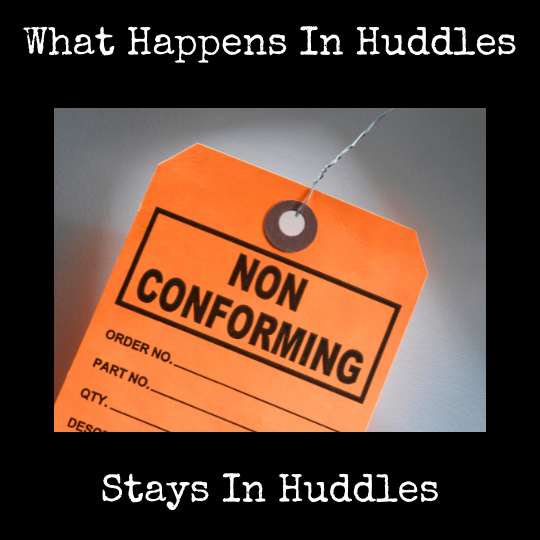Robert M Derry
Basic
I did an exercise recently in a local writing group where we all selected an object and then described it. It was interesting to see how everyone approached the exercise differently, although broadly people fell into two groups; those that opted for literal, detailed description and those that had a more emotive, metaphorical approach.
My description of an old telephone, leaned on the emotive side. Here it is below;
‘Listen before calling’, advises the faded yellow disk on the vintage telephone. The disk at the base is surrounded by the ten scratched black symbols of the number gate. Any rotation of ten digits will unlock a far off voice, but only the true combination will reward the yearning call of a distant lover, or the offer of a sharing of sorrows.
The bronze stem of the mouthpiece, towers above the number gate. The plastic black bill at the summit, gazes out like alien cyclops, searching for a speaker to breathe life into its cold pathways. The oddly shaped holes in the centre, are walled off to absorb the sound dearest to the eager listener far away. A shining receiver hangs by, awaiting use again someday. The two pieces are joined by a frayed lifeline, soon to be untethered by time.
Forgotten are the voices that called this way. Unearthed from history, this device is now all that remains of those hopeful conversations. Yet, if you listen close, you can hear the whisper of old tales and hopes reverberating through its hollow hallways. A totem of an age gone by, when a few spare words were precious, made in England, not China.
I prefer this approach as I find literal descriptions a bit dull. I read Neuromancer recently and whilst I really enjoyed it, I was irritated by Gibson's repeated detailed descriptions of irrelevant objects. There was one point where he described a wardrobe in detail and it felt like it didn't serve any purpose.
If the object doesn't have any meaning behind it, relevance to the story or aesthetic value to the setting, I'd rather give it a simple description. If I didn't feel as though the above telephone was relevant to my story, I'd just mention that there was a 'vintage telephone' and that would be it.
Granted, some readers must prefer more literal descriptions but I just don't like to have my imagination put in a prescriptive box, give me how something feels and I'll paint the rest.
What do you think? Do you go for detail or emotional context in your descriptions, or something else?
My description of an old telephone, leaned on the emotive side. Here it is below;
‘Listen before calling’, advises the faded yellow disk on the vintage telephone. The disk at the base is surrounded by the ten scratched black symbols of the number gate. Any rotation of ten digits will unlock a far off voice, but only the true combination will reward the yearning call of a distant lover, or the offer of a sharing of sorrows.
The bronze stem of the mouthpiece, towers above the number gate. The plastic black bill at the summit, gazes out like alien cyclops, searching for a speaker to breathe life into its cold pathways. The oddly shaped holes in the centre, are walled off to absorb the sound dearest to the eager listener far away. A shining receiver hangs by, awaiting use again someday. The two pieces are joined by a frayed lifeline, soon to be untethered by time.
Forgotten are the voices that called this way. Unearthed from history, this device is now all that remains of those hopeful conversations. Yet, if you listen close, you can hear the whisper of old tales and hopes reverberating through its hollow hallways. A totem of an age gone by, when a few spare words were precious, made in England, not China.
I prefer this approach as I find literal descriptions a bit dull. I read Neuromancer recently and whilst I really enjoyed it, I was irritated by Gibson's repeated detailed descriptions of irrelevant objects. There was one point where he described a wardrobe in detail and it felt like it didn't serve any purpose.
If the object doesn't have any meaning behind it, relevance to the story or aesthetic value to the setting, I'd rather give it a simple description. If I didn't feel as though the above telephone was relevant to my story, I'd just mention that there was a 'vintage telephone' and that would be it.
Granted, some readers must prefer more literal descriptions but I just don't like to have my imagination put in a prescriptive box, give me how something feels and I'll paint the rest.
What do you think? Do you go for detail or emotional context in your descriptions, or something else?




